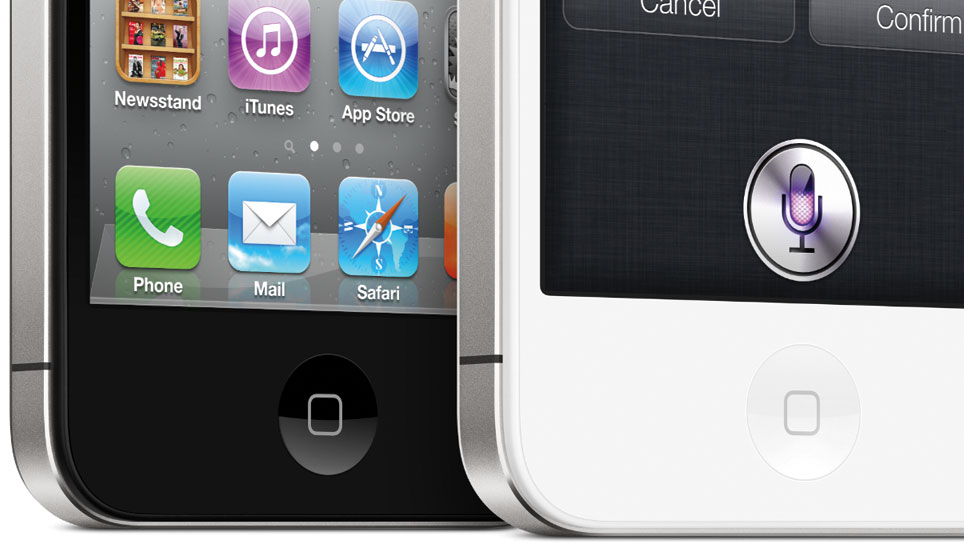Why we're sentimental about old tech
Phones and laptops relegated to dust-catcher status

Sign up for breaking news, reviews, opinion, top tech deals, and more.
You are now subscribed
Your newsletter sign-up was successful
If - like me, and approximately a bazillion other people – you're contemplating buying the new iPhone 5, you'll also be contemplating the retirement of your current phone. That near-talismanic object, the thing you constantly cradle and consult, will suddenly be relegated to dust-catcher status.
Sometimes old devices get passed on to friends or family, or sold, but most end up buried in a drawer or attic, a fall from stardom to obscurity faster and more final than anything in Hollywood or Reality TV.
They may stay in the drawer for a long time, however, in a strange state of suspended, dead-battery non-animation; frozen in the moment after you first switch on their successor - that sentimental instant where you transfer allegiance to the new without yet quite being able to let go of your attachment to the old.
As someone who's just undergone a trans-Atlantic move after living in a house for over a decade, this is something I've recently been acutely aware of. I had to wade through a *lot* of dead tech. I got rid of most. But not all...
What's in the drawer?
I bought and still own a first generation iPod and iPhone. Even at the time they were self-evidently Big New Things, iconic leaps. It's absolutely possible to feel affection and nostalgia for such devices, just as you can about the group of mates you had in your first job, none of whom you still see.
The iPod and iPhone went in a crate, and are currently on a ship somewhere halfway across the world on their way to rejoin me - to be stowed in a different drawer. I also still own the Macintosh SE30 on which I wrote some of my first short stories, and did early work as a self-taught and half-assed graphic designer. I'll never throw that away either. Not because I think it is (or will ever be) worth anything, but because it was a cornerstone of a period of my life.
Macs were horrifically expensive back then. Buying it was a big deal. I spent many hours staring furrow-browed at the screen, learning its ways and dealing with its quirks, wearily restarting it (back in the days when Macs routinely crashed several times a day). It was not merely a tool. It was a colleague. Dare I say it, a friend.
Sign up for breaking news, reviews, opinion, top tech deals, and more.
I wonder if this sentimental attachment to old tech will lessen as we head into the future, however. Much as with human beings, what bonds us to machines is their idiosyncrasies. Friction - just enough friction, and of the right type - generates a heat called 'friendship'. My first car was a cranky Ford Escort (Mark 1) which had belonged to my grandfather.
Most of the time it worked okay, but in cold weather it needed babying and choke adjustments on a minute-by-minute basis, and some days it simply seemed to have a mind of its own. Annoying though this was, it gave the car personality: it had to be dealt with, as friends do.
Computers and phones don't crash as much any more. The closer they come to apparent perfection, the less they will make inroads on our heart. The accelerating and increasingly spec-driven nature of change also means each new iteration of a piece of technology is only slightly better than the last, and thus imbued with a less distinctive personality. Now phones mainly just get faster and a bit thinner and the camera's better each time.
The smaller the change between what we had and what we have now, the less likely we'll be to keep the old one in a drawer. You don't really remember or honour incremental changes in relationships: only when one ends, and a new one begins. Hell yes, I'm looking forward to owning an iPhone 5, but...
Nah, who am I kidding. My trusty iPhone 4S still go safely in a drawer too.
You can find more about Michael and his books at michaelmarshallsmith.com